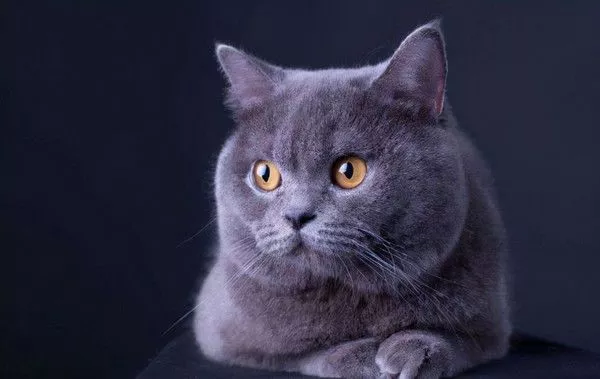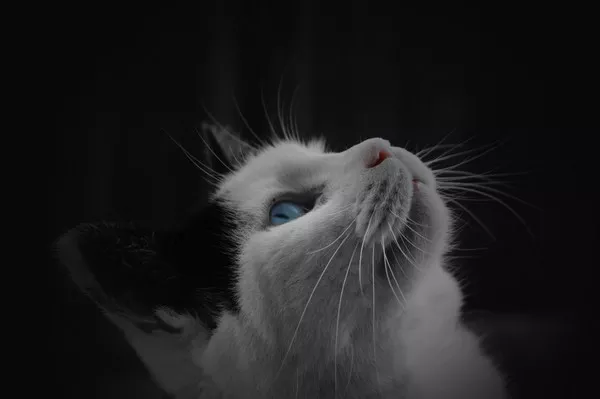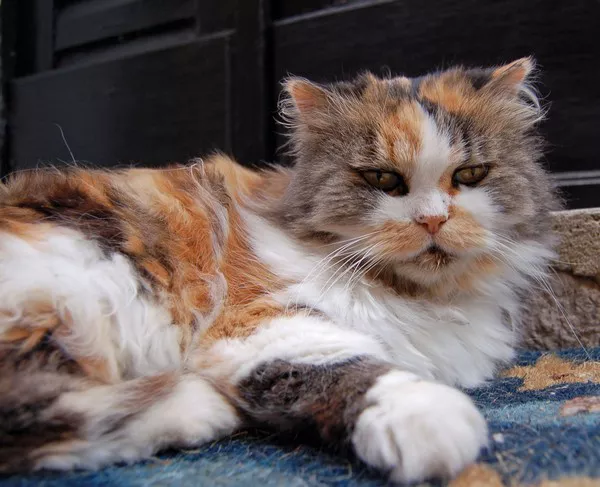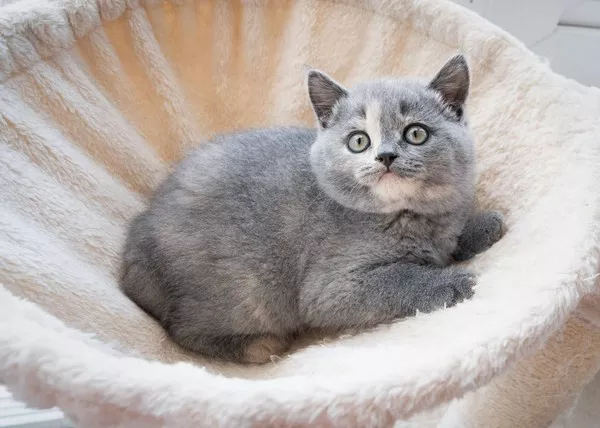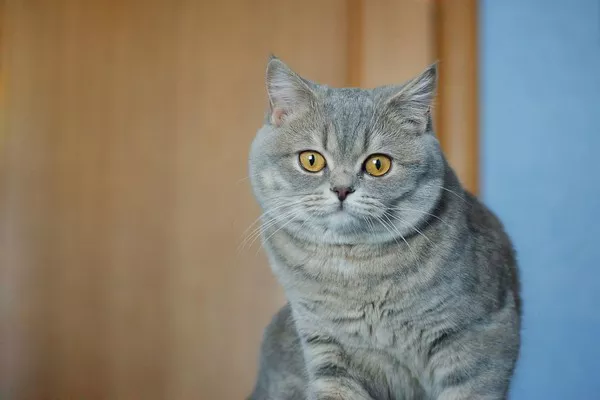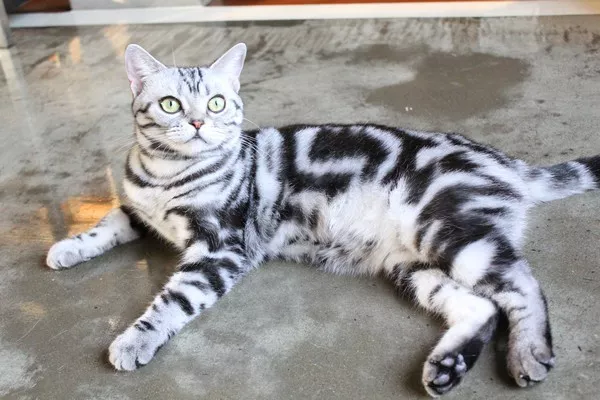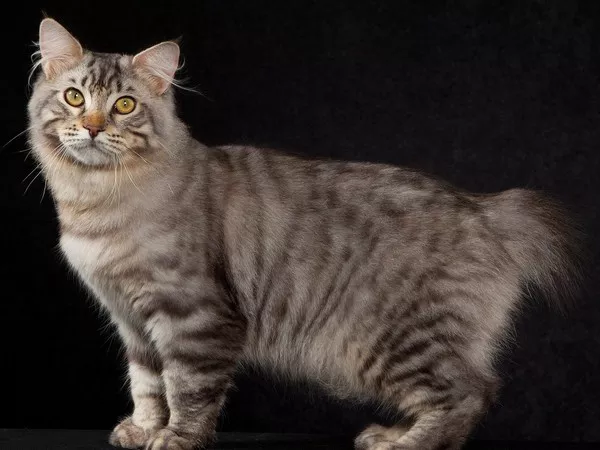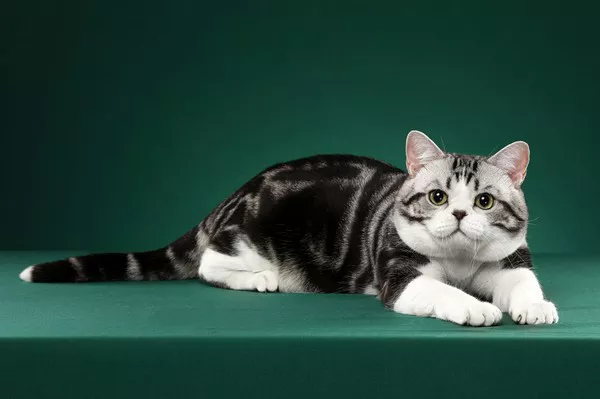Introduction:
British Shorthair cats, with their robust build, round faces, and captivating demeanor, have charmed their way into the hearts of cat lovers around the world. As prospective owners consider welcoming these delightful felines into their homes, it is essential to understand their lifespan and the factors that can influence their longevity. In this article, we delve into the lifespan of British Shorthair cats, shedding light on their typical lifespan and how to promote their well-being for a fulfilling and healthy journey.
Average Lifespan:
On average, British Shorthair cats have a lifespan of around 12 to 14 years. However, with proper care, nutrition, and a healthy lifestyle, they can often live well into their late teens or even early twenties. It’s important to note that individual cats’ lifespans can vary depending on various factors, including genetics, environment, diet, exercise, and overall health maintenance.
Genetics and Breed-Specific Considerations:
Genetics play a significant role in a British Shorthair cat’s lifespan. Reputable breeders prioritize breeding practices that promote the health and longevity of the breed. By selecting healthy parent cats and screening for hereditary health conditions, breeders aim to minimize the risk of genetic disorders that could potentially shorten a cat’s lifespan. Responsible breeders often conduct health tests and ensure that the cats used for breeding are free from common genetic issues, such as hypertrophic cardiomyopathy (HCM) and polycystic kidney disease (PKD).
Environmental Factors:
Creating a safe and stimulating environment is crucial for the well-being and longevity of British Shorthair cats. Providing a stress-free environment, ample mental and physical stimulation, and a balanced diet can contribute to their overall health and increase their lifespan. Regular veterinary check-ups, vaccinations, and preventive care, including parasite control, are also vital in ensuring their longevity.
Nutrition and Exercise:
Proper nutrition plays a pivotal role in maintaining a British Shorthair cat’s health and extending their lifespan. A balanced diet that meets their nutritional needs, including high-quality protein, essential vitamins, and minerals, helps support their immune system and overall well-being. Obesity should be avoided, as excess weight can lead to various health issues. Regular exercise, tailored to their individual energy levels, is essential for weight management, mental stimulation, and muscle tone.
Healthcare and Regular Check-ups:
Routine veterinary care is crucial in monitoring a British Shorthair cat’s health and detecting potential health concerns early on. Regular check-ups, vaccinations, dental care, and preventive measures help identify and address any issues promptly. Pet owners should also be attentive to any changes in behavior, appetite, or litter box habits, as these can be indicators of underlying health problems that require attention.
Promoting Longevity and Quality of Life:
To promote a long and healthy life for your British Shorthair cat, ensure they have a well-balanced diet, plenty of mental and physical stimulation, a safe and stress-free environment, regular veterinary care, and lots of love and attention. Regular grooming, including brushing their dense coat to prevent matting and maintaining their dental hygiene, is also important for their overall well-being.
Conclusion:
British Shorthair cats, with their distinctive appearance and endearing personalities, bring joy and companionship to their owners. With proper care, nutrition, and regular veterinary attention, these wonderful felines can live a fulfilling life of 12 to 14 years on average, and even longer with optimal conditions. By prioritizing their health and well-being, pet owners can contribute to the longevity and quality of life of their beloved British Shorthair cats, ensuring many years of cherished memories and companionship.

